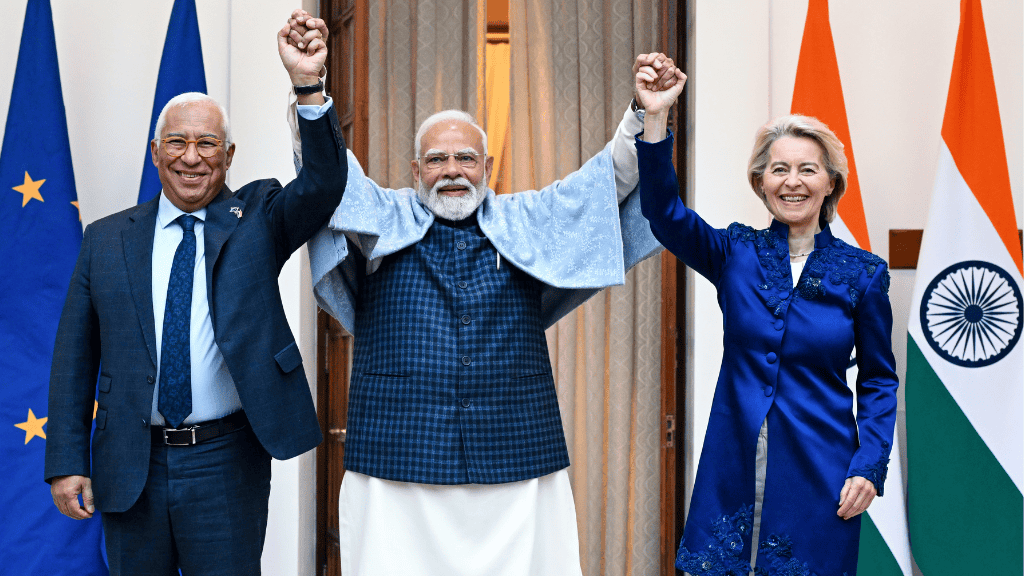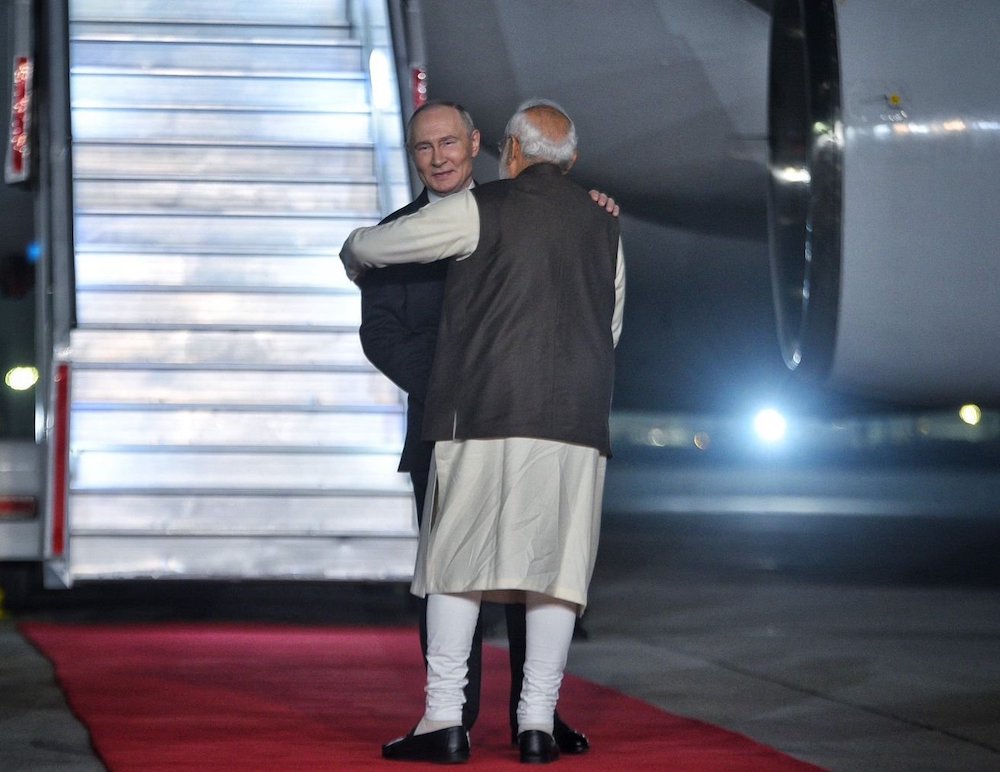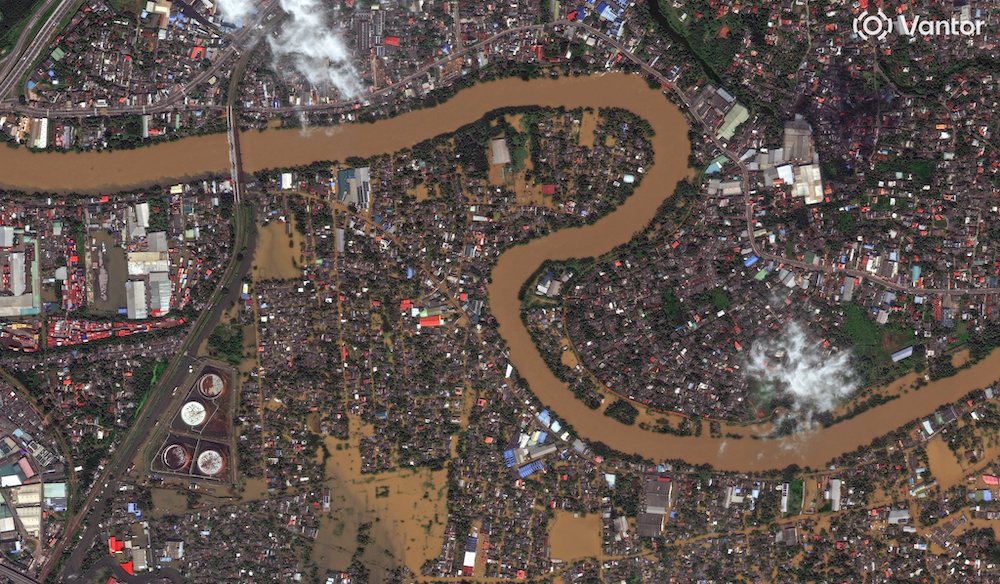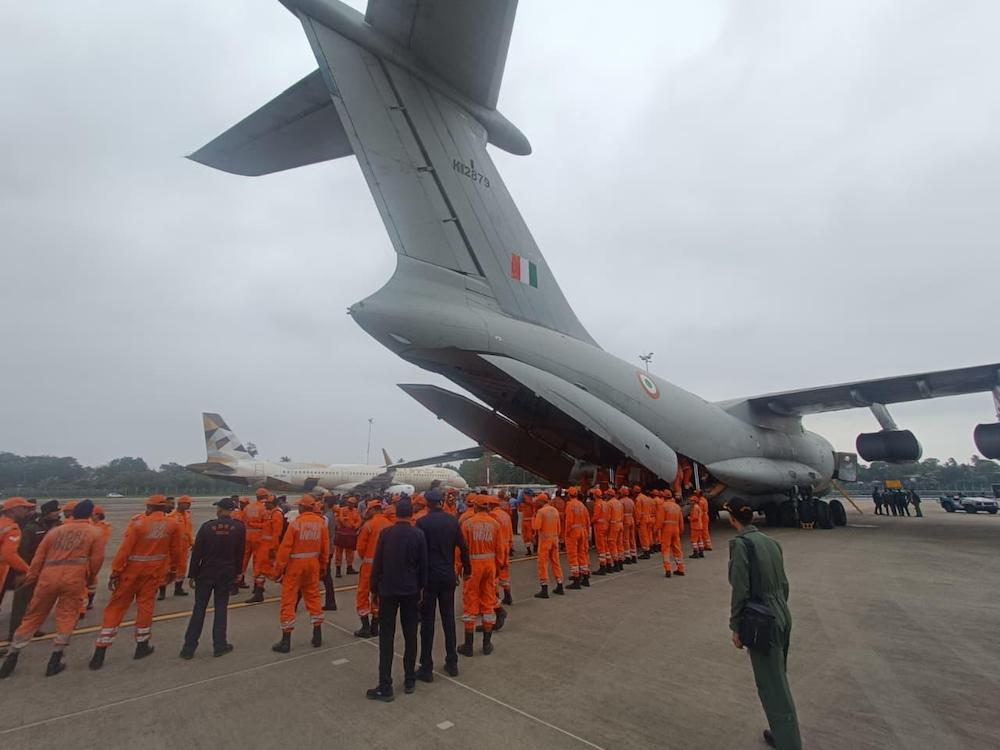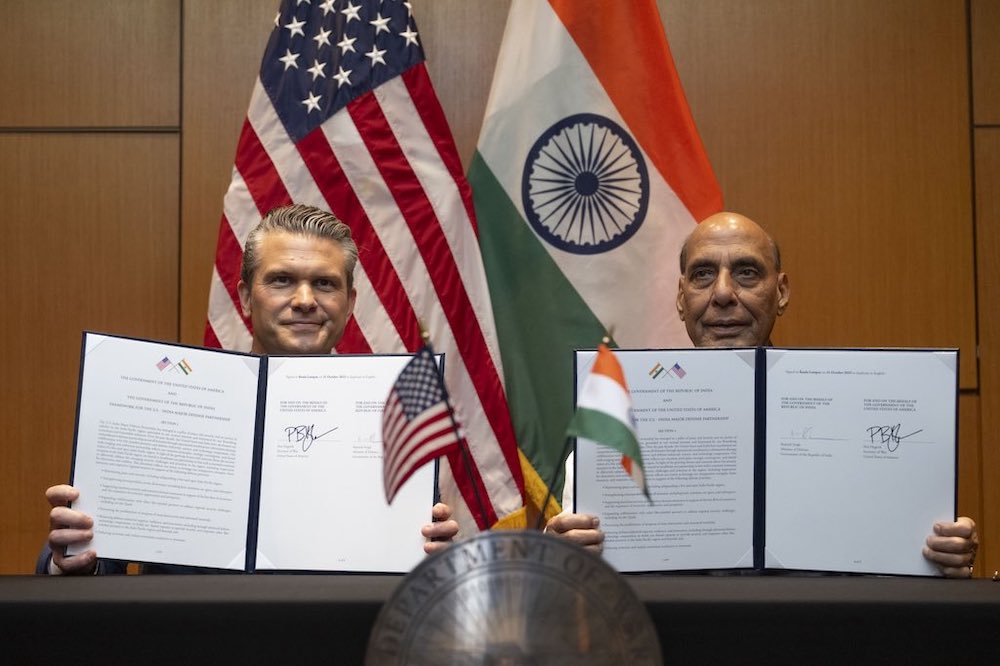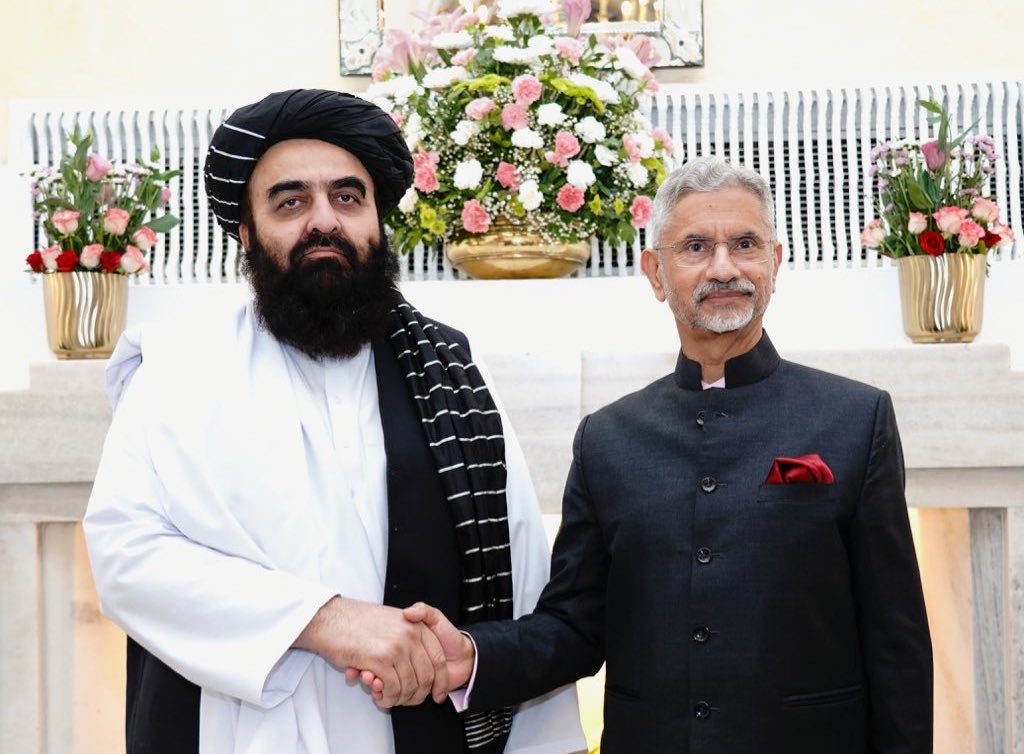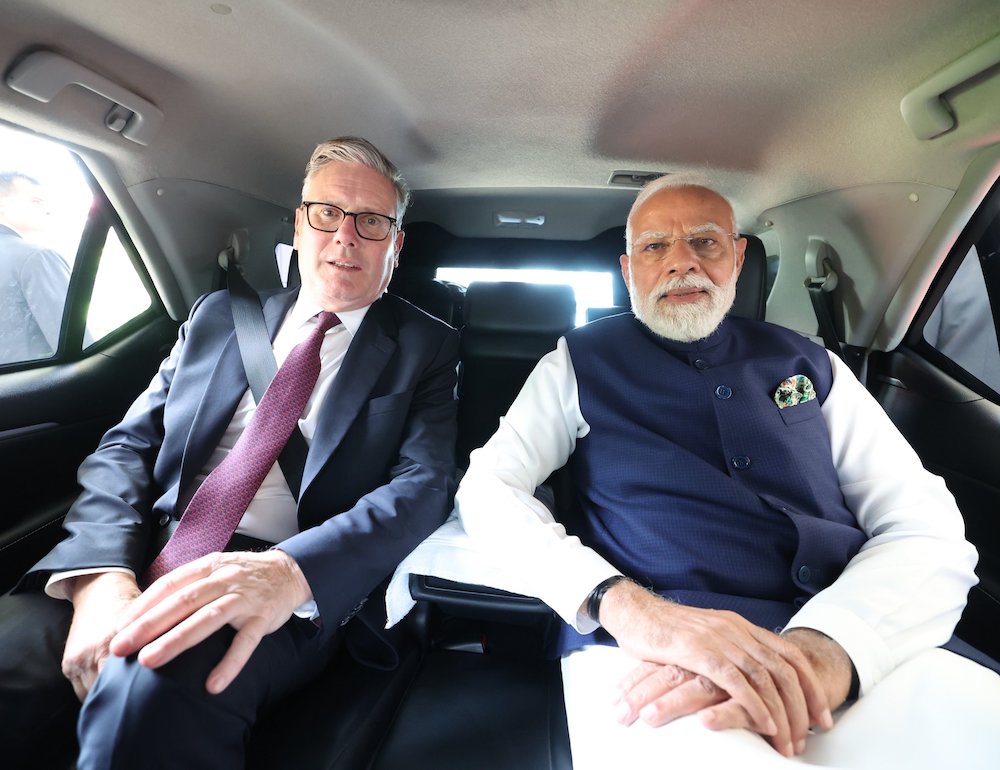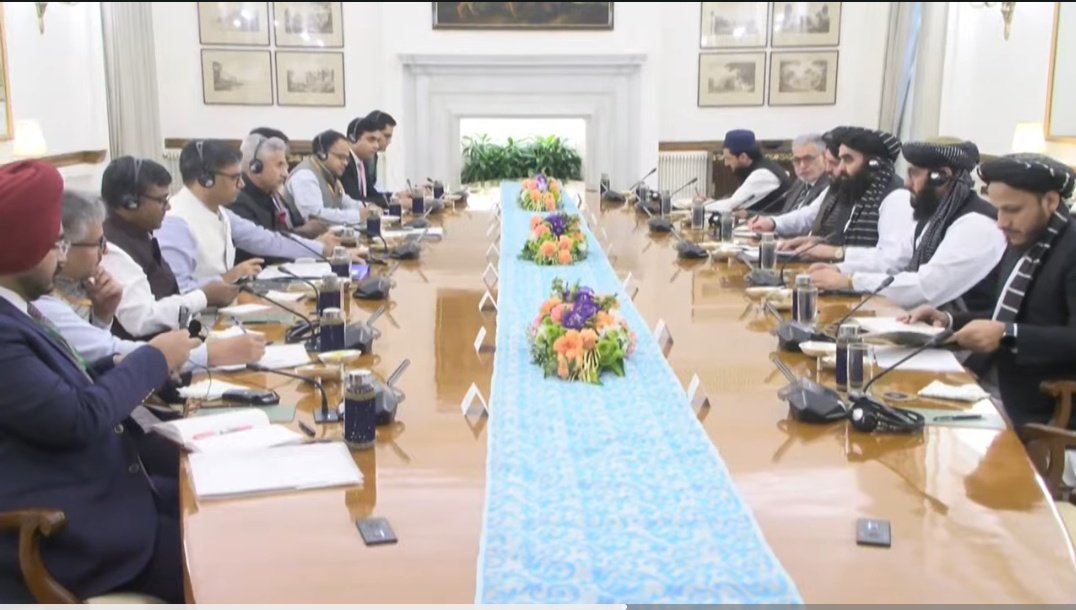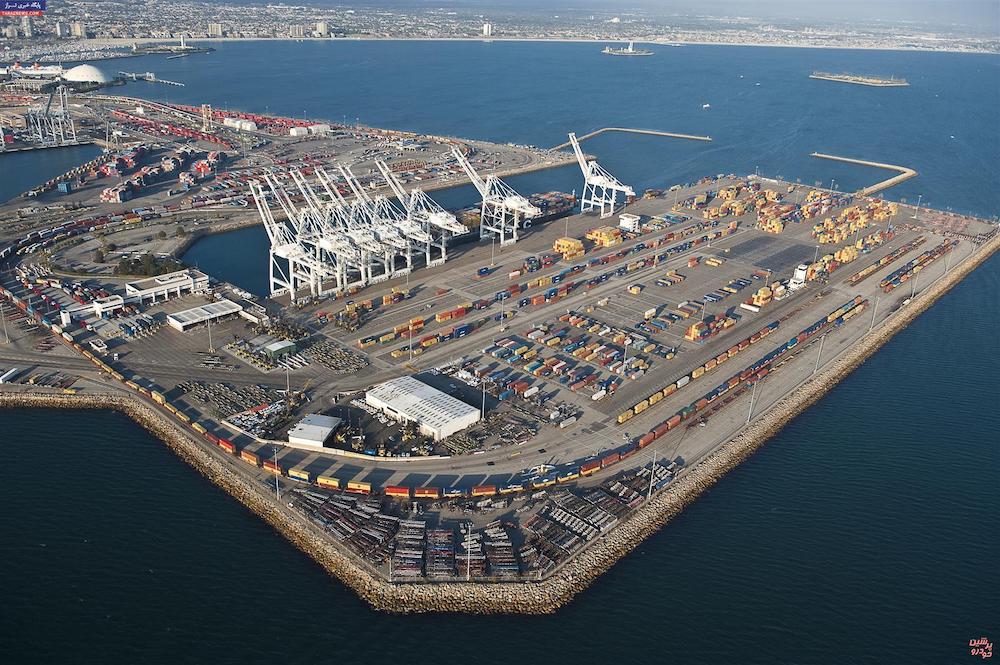 Chabahar port.
Chabahar port.
New Delhi: The United States has delivered a major blow to India’s strategic interests by revoking the sanctions waiver for Iran’s Chabahar port, effective September 29, 2025. The renewed “maximum pressure” campaign by the US president, Donald Trump, which has led to this decision, threatens to undermine India’s most substantial overseas infrastructure investment and creates complex diplomatic challenges for New Delhi.
The sanctions waiver, originally granted in 2018 under the Iran Freedom and Counter-Proliferation Act, had allowed India and other nations to develop the Chabahar port without facing US penalties. The exception was specifically crafted to facilitate Afghanistan reconstruction assistance, acknowledging the port’s humanitarian significance for the landlocked nation.
India’s engagement with Chabahar stems from a strategic imperative to bypass Pakistan and establish alternative trade routes to Afghanistan and Central Asia. Located in Iran’s Sistan-Balochestan province on the Gulf of Oman, the port serves as Iran’s only oceanic facility outside the strategically vulnerable Strait of Hormuz.
Since India Ports Global Limited assumed operational control of the Shahid Beheshti terminal in 2018, Chabahar has become India’s primary gateway to Afghanistan and Central Asian markets. The port has handled over 450 vessels, processed 134,082 TEUs (twenty-foot equivalent units) of containerized cargo, and managed more than 8.7 million tonnes of bulk cargo, demonstrating its growing importance in regional trade flows.
The facility has already proven crucial for humanitarian operations, including the shipment of 75,000 tonnes of wheat to Afghanistan in September 2020 and additional supplies during the Covid-19 pandemic. More significantly, the port serves as a vital node in the International North-South Transport Corridor, a 7,200-kilometre network connecting India with Iran, Russia, Central Asia, and Europe.
The corridor promises to reduce transportation costs by 30 per cent and transit time by 40 per cent compared to the Suez Canal route. Its strategic value has increased amid ongoing disruptions in traditional shipping routes, particularly following Red Sea attacks on commercial vessels.
Substantial Financial Risk
India’s commitment to Chabahar represents one of its largest overseas infrastructure investments. In May 2024, as India Sentinels had reported then, India signed a comprehensive 10-year operational agreement involving $120 million in direct investment for equipment and infrastructure development, plus a $250 million credit line for broader connectivity projects.
The sanctions revocation exposes Indian entities operating at Chabahar to potential US financial penalties, creating immediate operational risks for India Ports Global Limited and associated companies. This development threatens substantial investments already made and could derail planned expansion projects designed to increase the port’s capacity from 100,000 to 500,000 TEUs.
India has already supplied port equipment worth approximately $25 million, including mobile harbour cranes and container handling equipment. The long-term agreement was structured to connect the port to Iran’s railway network by mid-2026, a timeline now in jeopardy.
Diplomatic Tightrope and Strategic Implications
The sanctions revocation places India in an extraordinarily difficult diplomatic position, forcing New Delhi to balance competing relationships with Washington and Tehran while maintaining its strategic autonomy. This challenge is compounded by India’s simultaneous partnerships with Israel and Gulf-Arab states, creating a complex web of competing interests.
For India-US relations, the decision tests the growing strategic partnership between the two nations, particularly in the context of Indo-Pacific cooperation and the Quad alliance. Washington’s move sends a clear signal about the limits of American tolerance for Indian engagement with Iran.
Regarding Iran relations, Chabahar represents the cornerstone of India’s relationship with Tehran, particularly after India ceased oil imports under previous US sanctions pressure. Strategic analysts suggest that losing Chabahar operations could reduce bilateral relations to “bare bones.”
The sanctions threaten India’s ability to maintain humanitarian and development assistance to Afghanistan, particularly crucial given the Taliban government’s reported preference for Chabahar over Pakistani ports. This could limit India’s influence in Afghan reconstruction efforts at a time when New Delhi seeks to maintain relevance in the region.
The development also risks shifting regional balance toward China and Pakistan, potentially reducing India’s strategic options in Central Asia. Located just 140 kilometres from China’s Gwadar port in Pakistan, Chabahar serves as India’s strategic response to Chinese influence in the Arabian Sea.
The port forms part of India’s “Necklace of Diamonds” strategy, designed to counter China’s “String of Pearls” encirclement approach in the Indian Ocean region. Losing operational control could weaken India’s position in Arabian Sea maritime security calculations.
Trump’s ‘Maximum Pressure’ Returns
The Chabahar sanctions revocation forms part of Trump’s broader “maximum pressure” campaign against Iran, outlined in the February 2025 US National Security Presidential Memorandum. This policy aims to drive Iran’s oil exports to zero and disrupt networks supporting Iran’s Islamic Revolutionary Guard Corps.
The timing demonstrates the administration’s commitment to escalating pressure on Iran despite potential impacts on allied relationships. This approach reflects a shift toward more aggressive unilateral sanctions enforcement, reminiscent of Trump’s first-term Iran policy.
The decision occurs amid escalating tensions between Iran and Israel, with potential implications for broader Middle Eastern stability. India’s careful balancing act between Iran, Israel, and Gulf-Arab states becomes increasingly difficult as regional polarisation intensifies.
India faces constrained options for diplomatic engagement to reverse or modify the sanctions decision. The country’s leverage with the Trump administration on Iran-related issues remains limited by broader US strategic priorities and domestic political considerations.
New Delhi may explore alternative legal and financial structures to minimise exposure to US sanctions while maintaining operational capabilities. This could involve reducing formal roles of Indian government entities while maintaining practical influence, though such arrangements carry significant risks.
India might also work through third-party operators or international organizations to maintain engagement with Chabahar operations, though this approach offers limited effectiveness and continued vulnerability to sanctions enforcement.
Implications for Indian Foreign Policy
The setback may accelerate India’s engagement with Gulf-Arab states and exploration of alternative connectivity options through the India-Middle East-Europe Economic Corridor, though this depends on regional stability. India may also shift toward bilateral agreements with individual Central Asian countries to maintain trade relationships through alternative routes, albeit at higher costs and reduced efficiency.
The sanctions revocation could create opportunities for Chinese involvement at Chabahar, though Iran’s existing 25-year strategic cooperation agreement with China already provides Beijing with alternative regional options.
The incident highlights practical limitations of India’s strategic autonomy in an increasingly polarised global environment. Secondary sanctions demonstrate how middle powers like India can be forced to choose between competing relationships, potentially influencing New Delhi’s approach to future international agreements and infrastructure projects.
India’s traditional hedging strategy, allowing simultaneous relationships with competing powers, faces increasing pressure as global powers demand greater alignment on key issues. The Chabahar case exemplifies the growing difficulty of maintaining neutral positions during great power competition.
The development may accelerate India’s integration with US-led economic frameworks while constraining its ability to pursue independent relationships with countries opposed to American interests.
For India, the Chabahar port was not just a commercial opportunity, it was the country’s efforts to bypass Pakistan, counter Chinese influence, and maintain strategic presence in a critical region. The sanctions revocation forces India to confront practical limitations of balancing relationships with Washington and Tehran while potentially opening space for Chinese influence in a strategically vital location.
The incident underscores broader challenges facing middle powers navigating great power competition, where secondary sanctions can override traditional diplomatic relationships. As India seeks to maintain strategic autonomy while deepening partnerships with the United States, the Chabahar case may serve as a template for future diplomatic challenges requiring difficult choices between competing strategic interests.
The ultimate resolution will likely depend on broader US-Iran negotiations and regional diplomatic developments, areas where India’s influence remains limited but its interests substantial.

